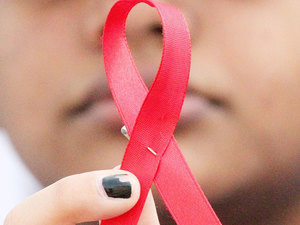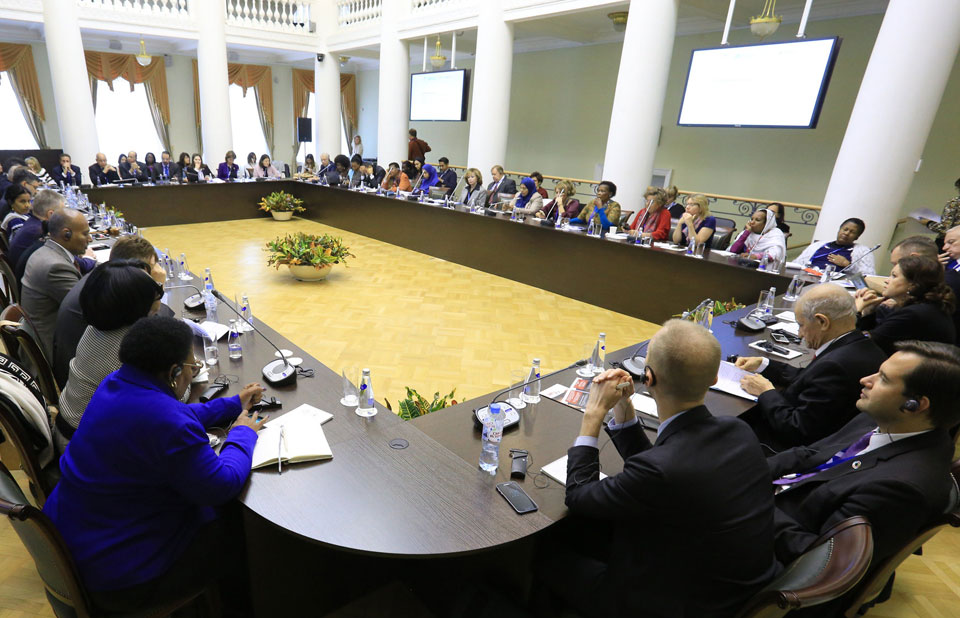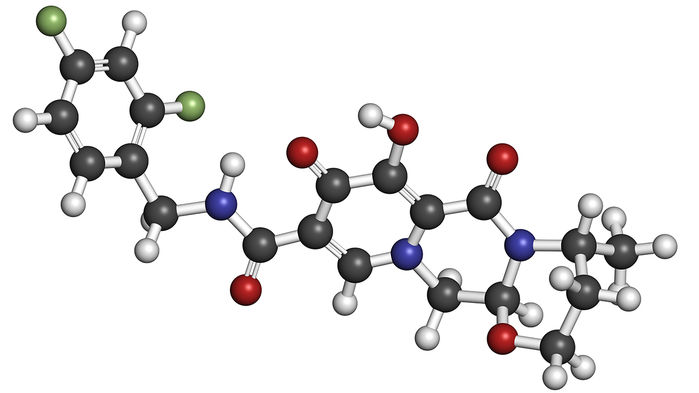The World Health Organisation (WHO) has today released new HIV treatment guidelines recommending all people living with HIV be on antiretroviral treatment (ART), regardless of CD4 count.
The guidelines also include the provision of pre-exposure prophylaxis (PrEP) as a prevention tool for people who are HIV-negative and at a high-risk of HIV, as part of a combination of interventions to prevent HIV transmission.
A substantial body of evidence has shown the benefits of early treatment for people living with HIV. The efficacy of providing PrEP to prevent new HIV infections among people who are HIV-negative is also increasingly well established.
The new guidelines are welcomed by AVERT CEO, Sarah Hand. “These new guidelines set the bar high for the standard of care necessary to end AIDS by 2030.” However, she warned that considerable changes are required to ensure the fulfilment of these recommendations.
“Governments and donors need to step-up their investments and commitments to reverse the epidemic. Universally treating everybody living with HIV will be effective; however, innovative interventions are needed to ensure that barriers to HIV treatment access and adherence are removed.”
The successful delivery of these recommendations requires people living with HIV to be engaged in their own care. Support with treatment adherence, as well as bringing HIV services to communities in ways which are creative and context-specific, will go a long way to help keep people in care.
In addition, a test-and-treat strategy cannot be successful without the sustained availability of drugs. Strategies to overcome supply chain bottlenecks and high antiretroviral treatment costs, particularly for second- and third-line treatment regimes, need to be implemented effectively.
Next year, the Global Fund to Fight AIDS, Malaria and Tuberculosis current funding cycle finishes. A good indicator of the global community’s commitment to end AIDS will be the amount of money pledged for the next replenishment cycle.
These new guidelines will increase the amount of people eligible for treatment from 28 to 37 million – the total number of people living with HIV globally. However with 19 million unaware of their status, only 15 million people are currently accessing treatment. Global efforts need to be intensified to ensure that we can meet this new treatment need, as well as expanding access to HIV testing so people unaware of their status can get on treatment.





